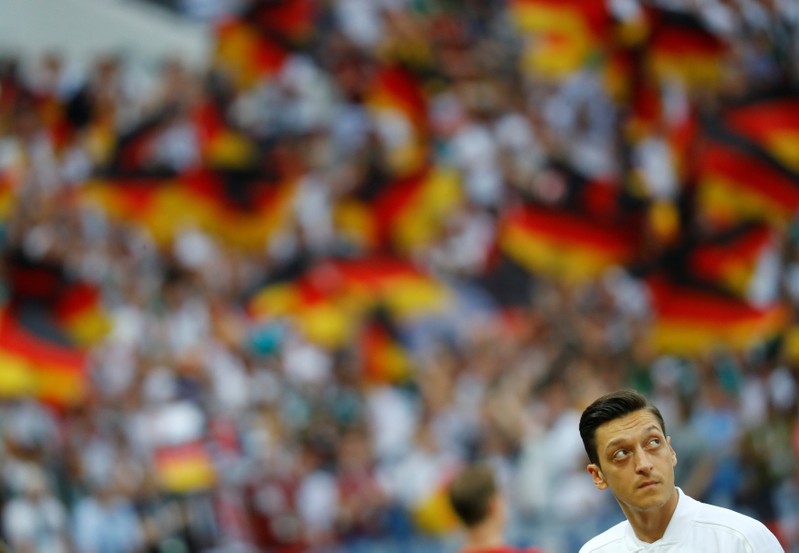
OPEC kingpin Saudi Arabia appears to have altered its approach to oil production in the wake of repeated Twitter attacks from President Donald Trump, RBC’s Helima Croft told CNBC’s “Squawk Box Europe.”
The U.S. president accused OPEC of being “at it again” last week, apparently accusing the oil cartel for the second time in as many months of “artificially” inflating crude prices through its current policy of curbing production.
Trump, perhaps wary of the average U.S. gasoline price hovering near $3 a gallon, has sought to hold OPEC accountable for a recent upswing in oil prices.
Meanwhile, OPEC — alongside Russia and several other allied exporters — is preparing to gather for a key meeting in Vienna on Friday.
When asked to what extent Trump’s criticism of the producer group mattered ahead of their Vienna summit, RBC’s global head of commodity strategy, Helima Croft, told CNBC: “I think it is very important because remember in April you had a joint ministerial committee meeting in Jeddah and it looked like there was going to be no change in policy. Then all of a sudden you get a Trump tweet blaming OPEC for high oil prices… and you have Al-Falih taking a different line in terms of production.”
“So the question is how much has U.S. anger over high prices — and the Trump administration blaming OPEC — cost certain key OPEC states to switch their tune? Now, the Russian oil corporates have long wanted to raise production but Saudi has seemingly switched in the last couple of months,” she added.
Ahead of the Vienna meeting, Saudi Arabia has reportedly lobbied hard for other members to fall in line and ramp up crude production — just as America wishes. That marks a significant turnaround in Riyadh’s production policy.
Around eight weeks earlier, Saudi Arabia’s Energy Minister Khalid Al-Falih had told energy participants that OPEC’s market-balancing act was not yet complete and supply constraint needed to continue.
OPEC is now thought to be discussing a relatively modest production increase in an attempt to find a satisfactory middle ground between Russia and Iran. Moscow has long called for a big upswing in crude production, while Iran is reluctant to change from the current parameters of the deal.
Alongside a number of allied partners, OPEC started withholding oil output in January 2017 in a bid to clear a global supply overhang and prop up prices. Now, following a dramatic uptick in oil prices from their sub-£30 a barrel lows in 2016, the oil cartel is due to review its production policy this week.
Nandini Ramakrishnan, global market analyst at JPMorgan Asset Management, told CNBC Tuesday that she did not expect oil prices to rise “too much further” over the coming months.
“This is because as we have more supply come on from higher-cost producers, the U.S. for example, that tends to have enough supply to keep the price somewhat contained,” she added.

